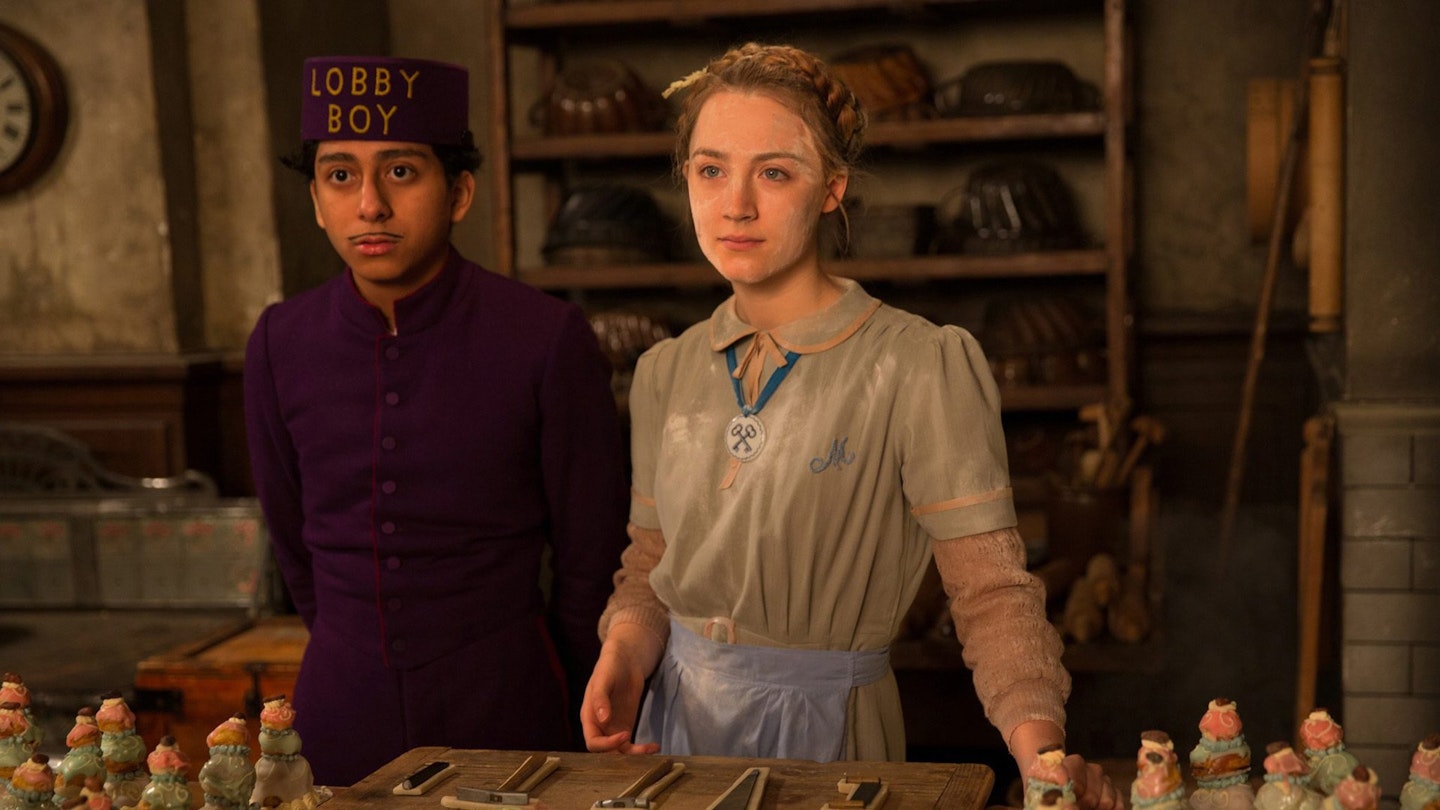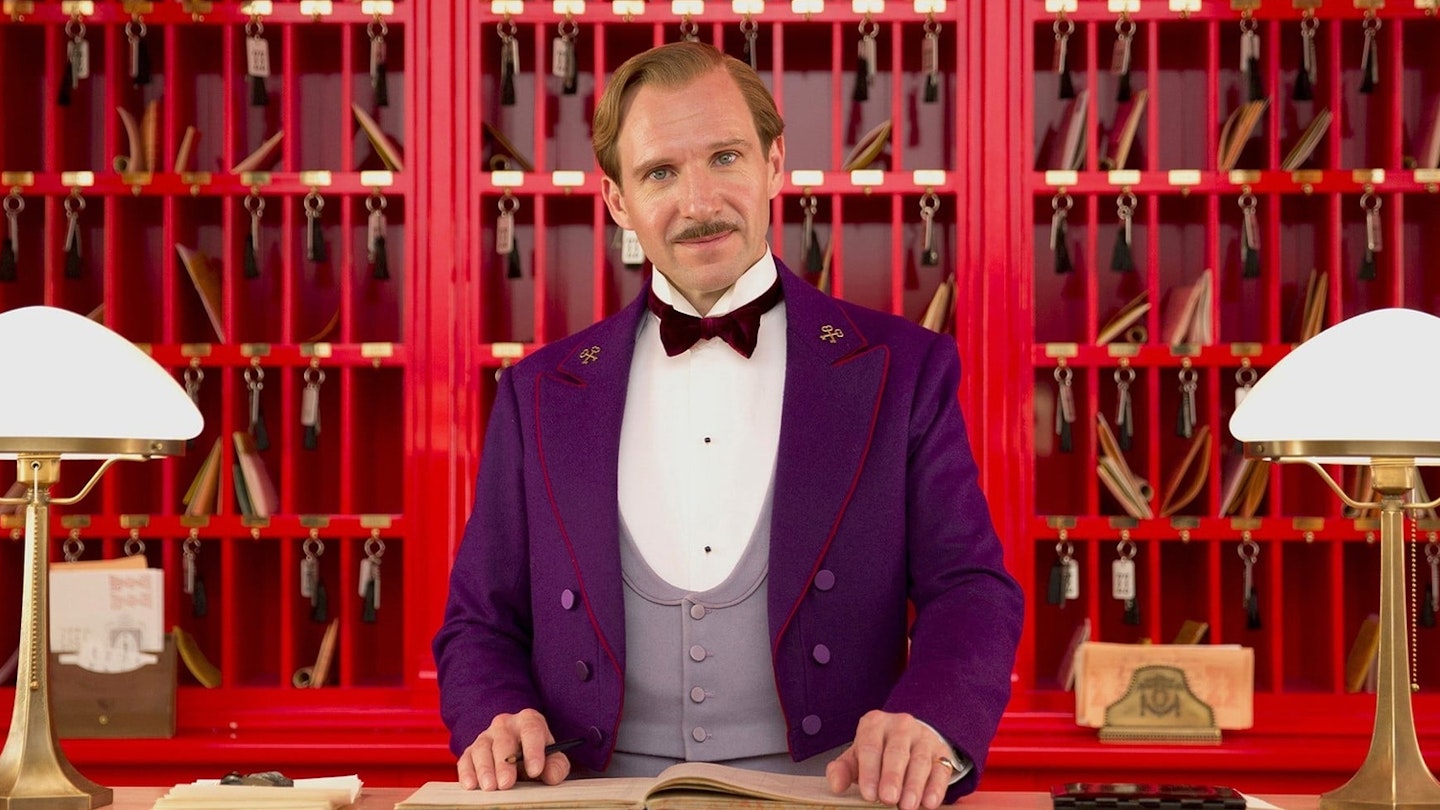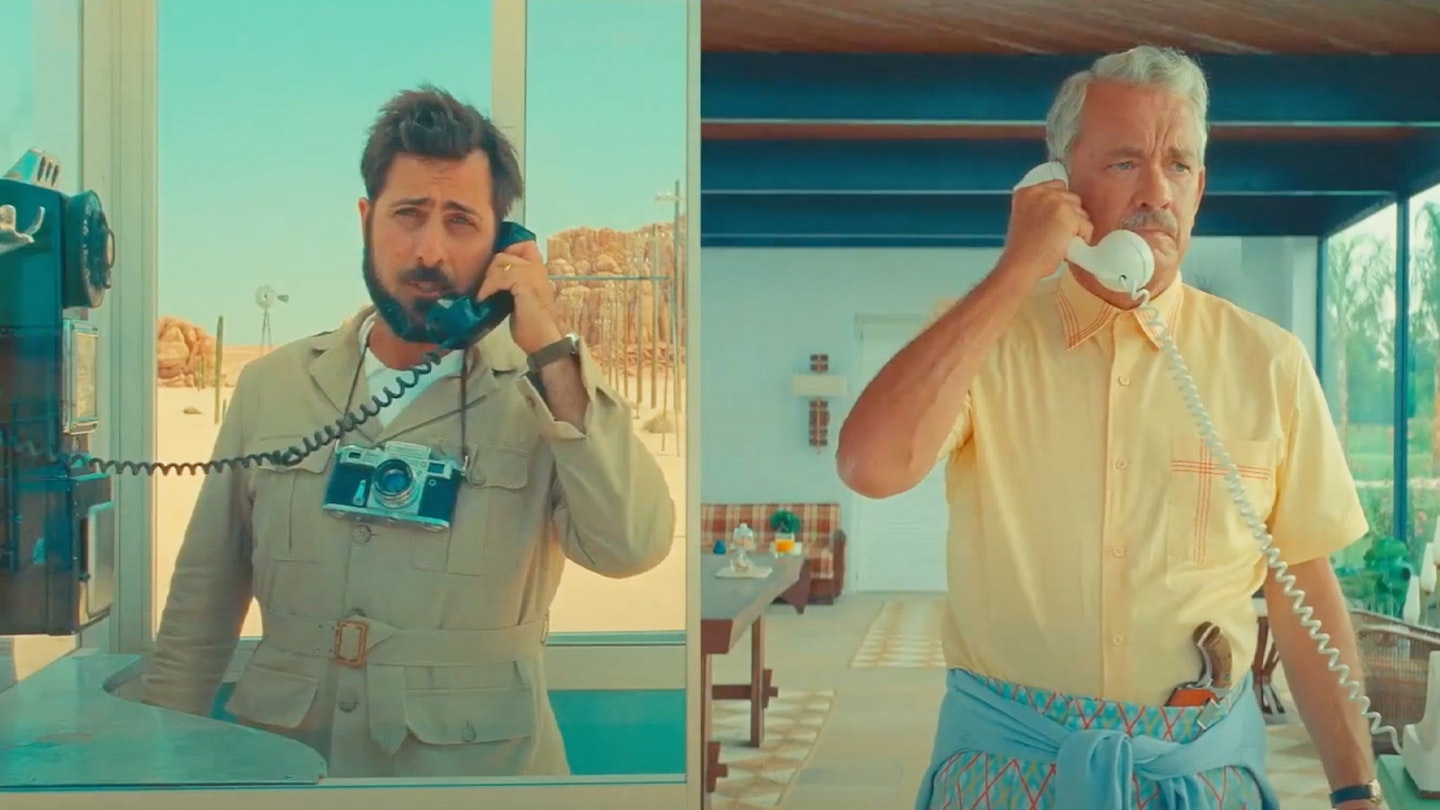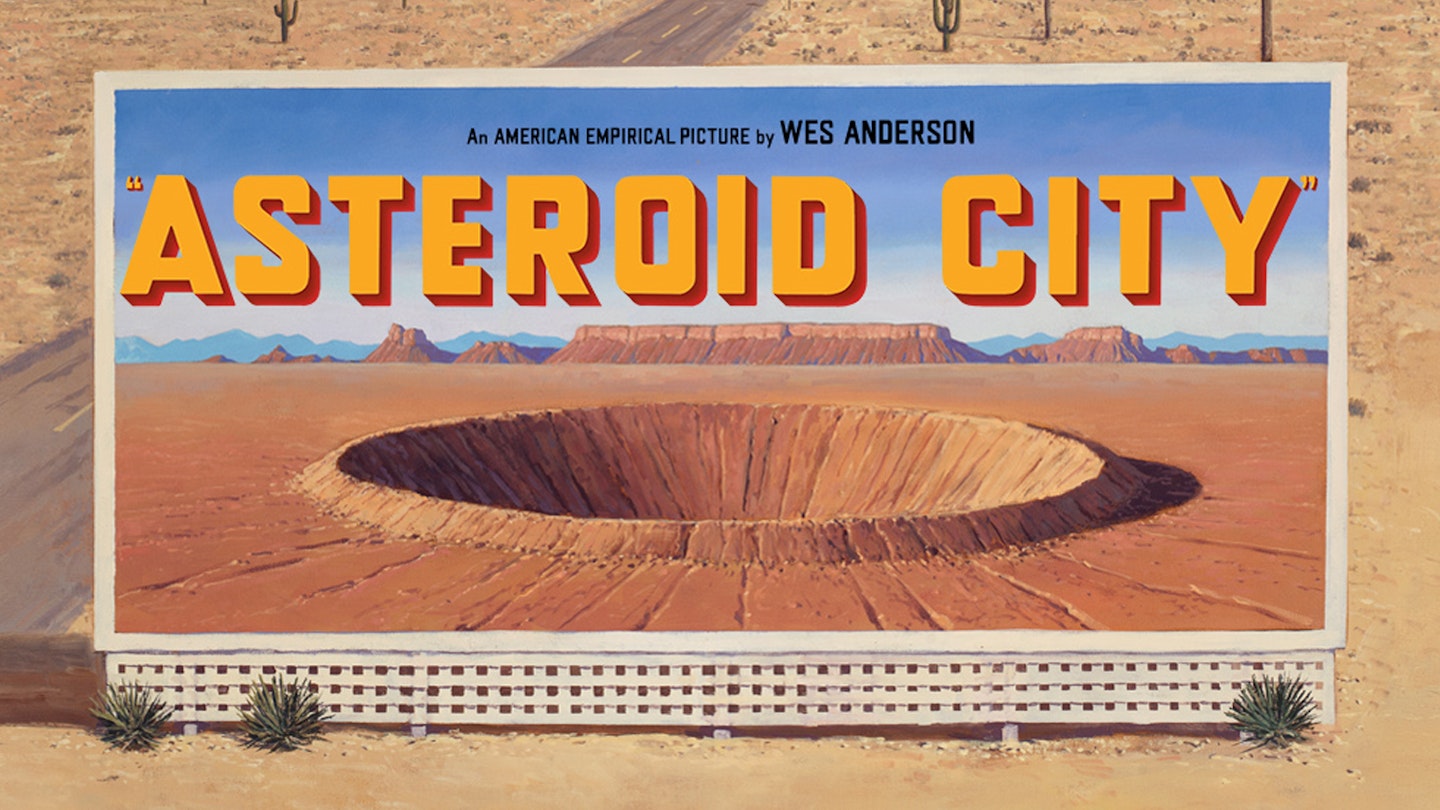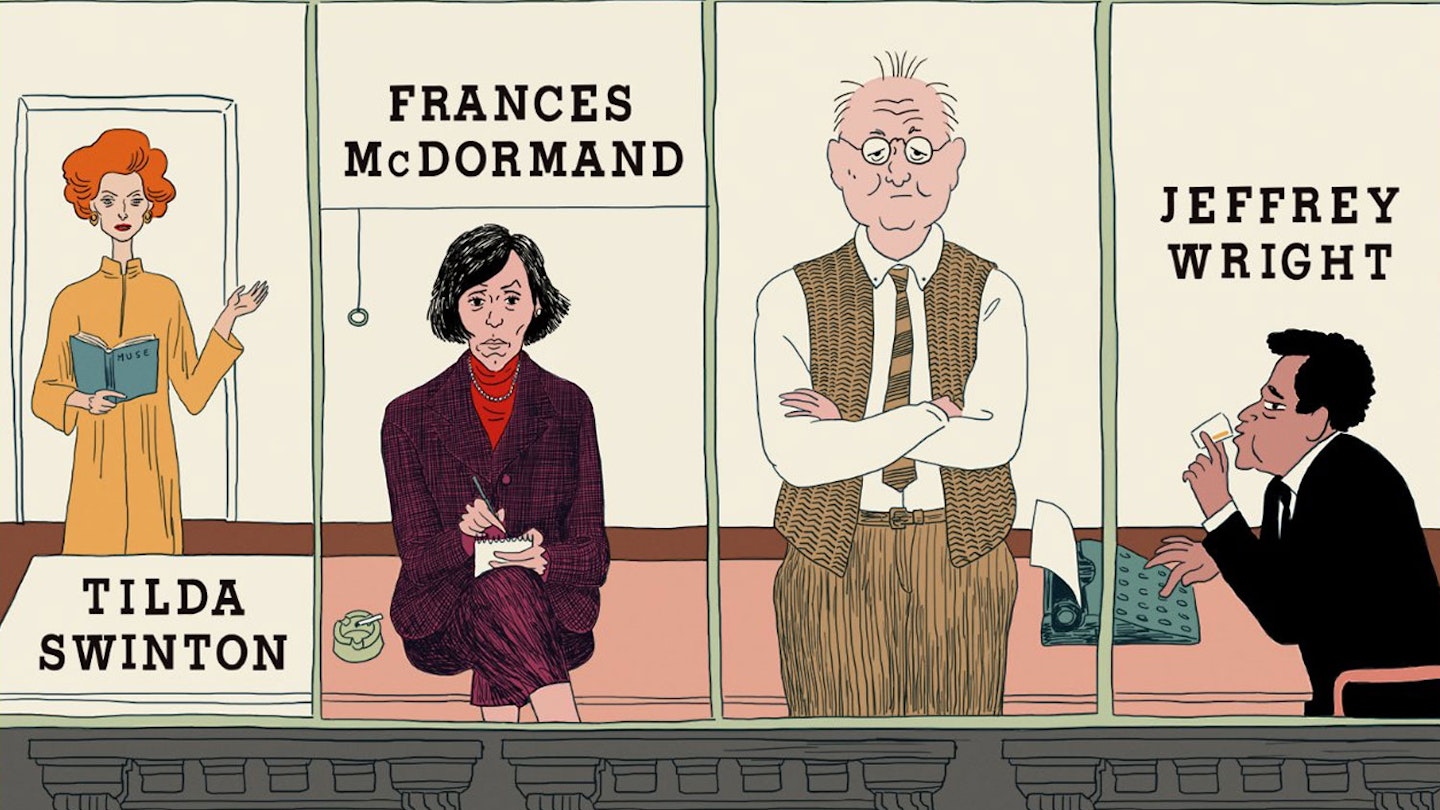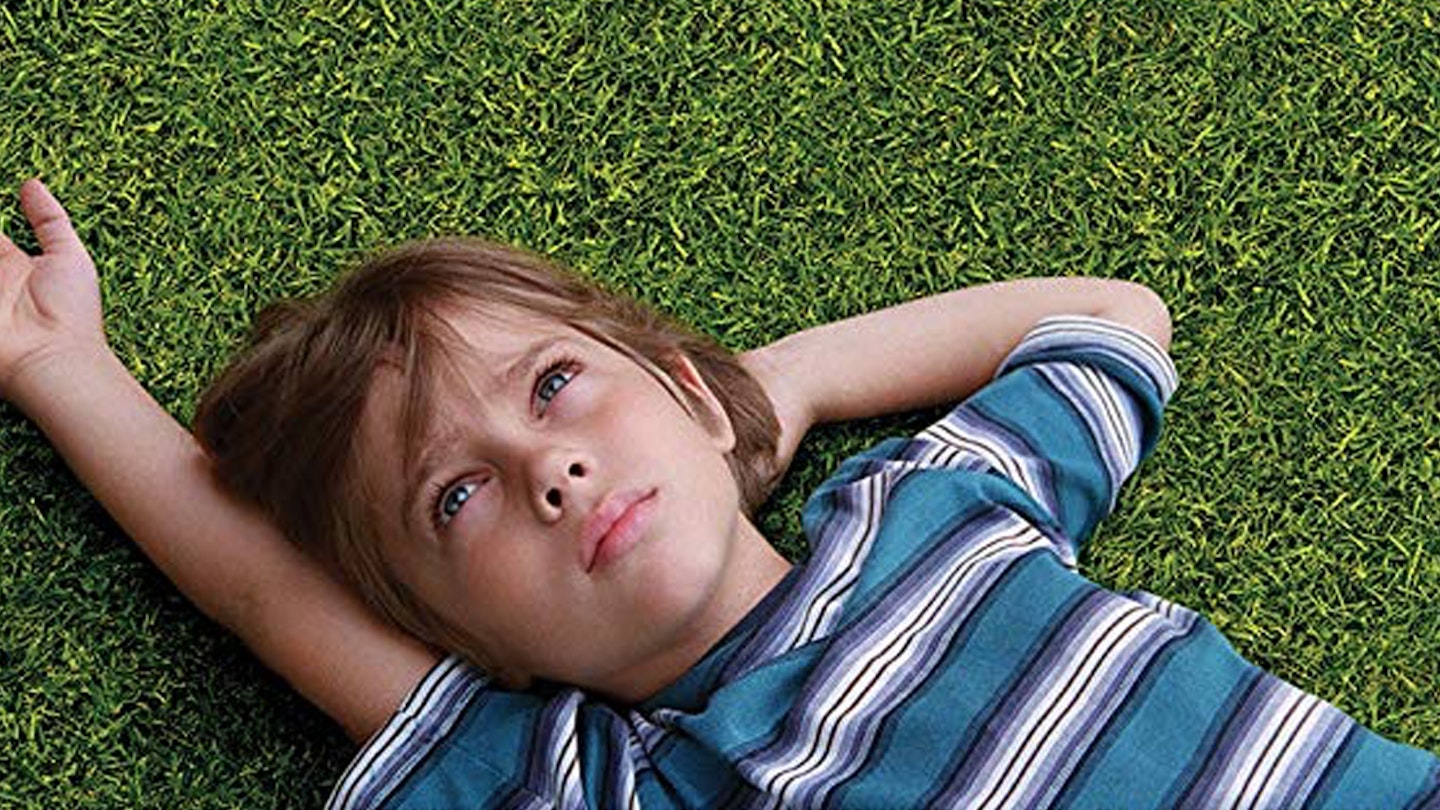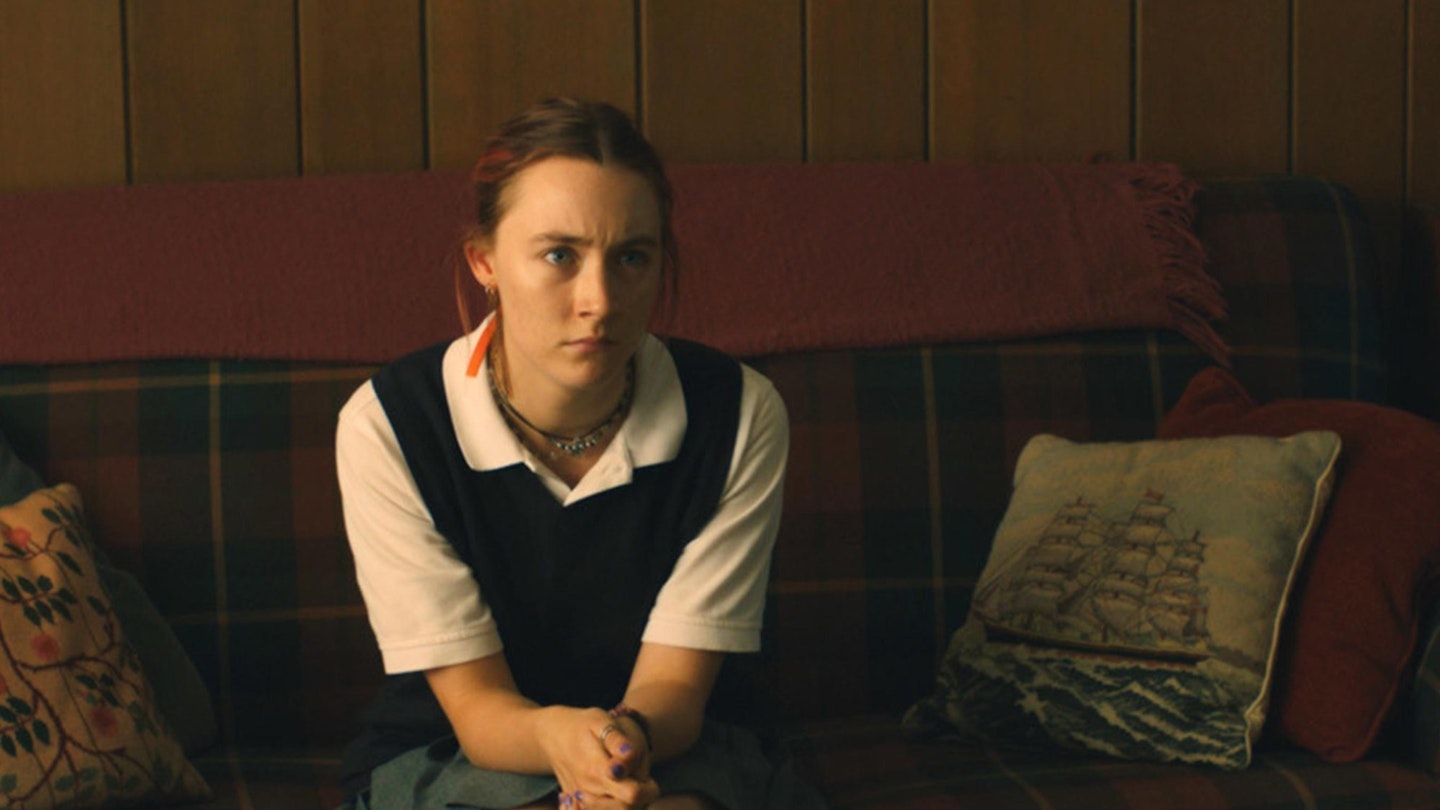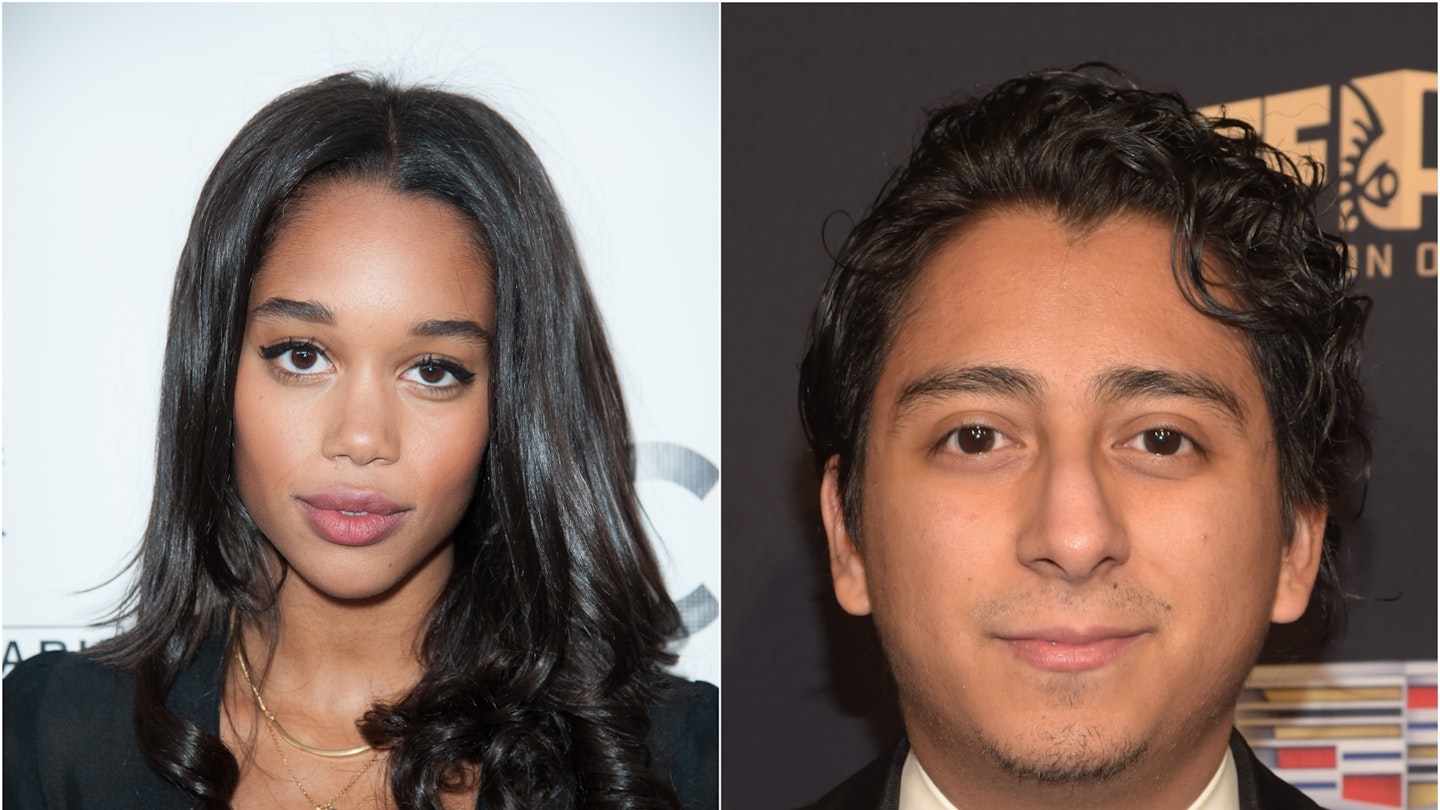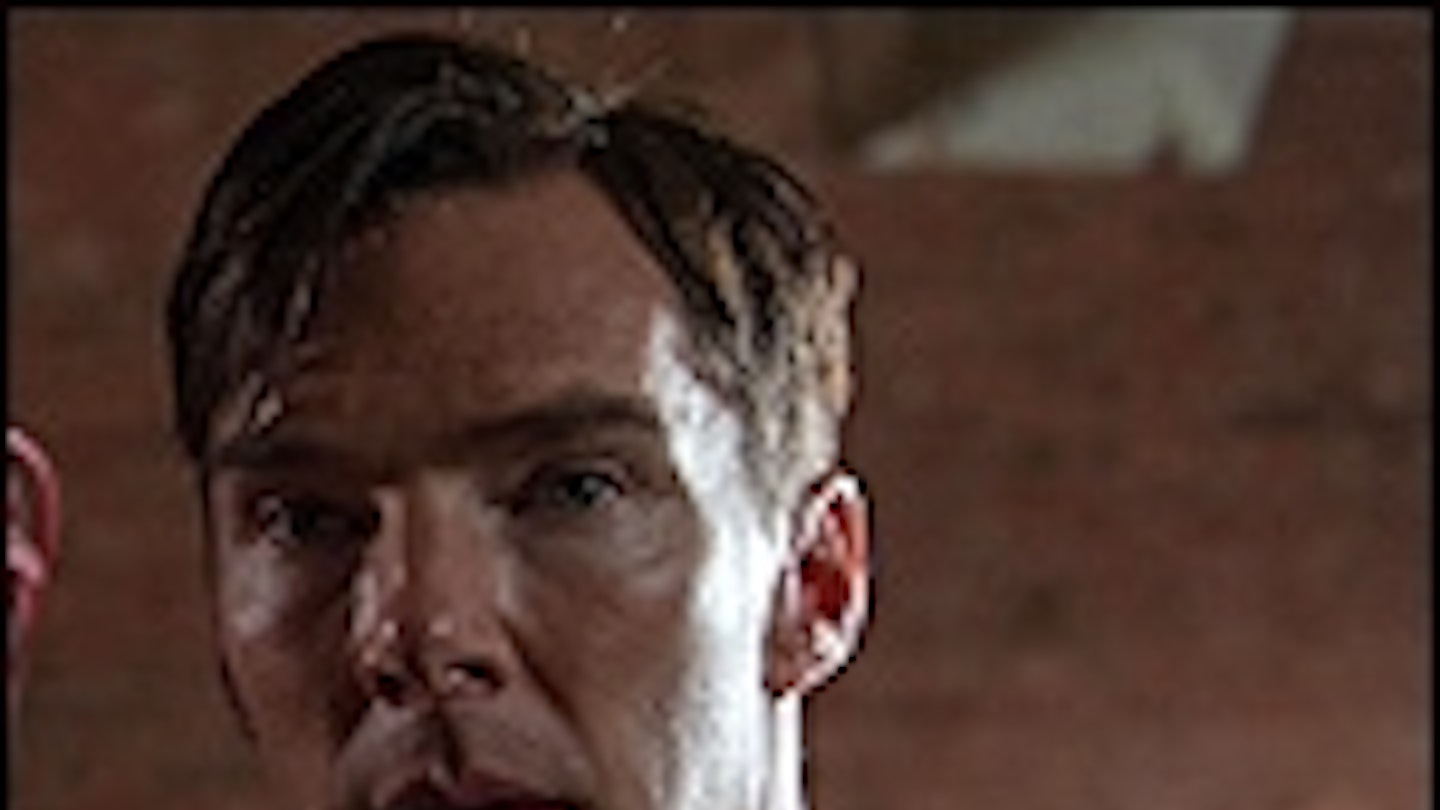The title alone of Wes Anderson’s eighth feature film is a declaration of intent: his fabulous Eastern European hostelry is not merely Good or even Great but Grand, a reflection not only of its clientele but of the director’s ever-more-rarefied aesthetic. Co-written by artist Hugo Guinness, whose résumé — leather goods designer, footwear model, husband of fellow artist Elliott Puckette — gives the distinct impression that one of Anderson’s quaint and curious characters has actually been willed into life, The Grand Budapest Hotel continues the director’s upward curve after The Darjeeling Limited, a fun but slight project that suggested he was dangerously close to running out of creative steam.
With Fantastic Mr. Fox, however, Anderson revealed a surprising new momentum. Although it was literally his most handcrafted film to date, enabling him to control practically every aspect from performance to landscape to weather, it was actually one of his most soulful. Nominally a kids’ film, it turned out to be perhaps the most sophisticated adult project of them all, reiterating some of the neurotic, dysfunctional family content of his earlier, more deadpan and sombre films, in a much more broadly funny and subversive way.
Like Mr. Fox, Grand Budapest Hotel is another film with a heavy emphasis on production design. But where Anderson usually invests in interiors — think Darjeeling with its crazy Bollywood train; The Life Aquatic with its exploded diagram of a submarine set; Moonrise Kingdom with the maze-like Bishop household — this one ventures into the great outdoors and, for the first time, attempts to production-design the landscape. Trading the three-dimensional Czech animation of Mr. Fox for the two-dimensional snip-and-paste of early French cinema, it offers a little Méliès-style magic in its cut-out vistas, little paper funiculars trundling up hillsides and elevators wobbling up and down.
Taking its cue from another movie reference, the Marx Brothers’ Duck Soup, with its fictional setting of Freedonia, Anderson’s film takes place in its own world — the Republic of Zubrowka, where the currency is the ‘klübeck’. Pushing the conceit further, there are even two Grand Budapest Hotels: the ornate, pastel-coloured Xanadu of the early 20th century and the pragmatic, no-frills shadow of itself that it has become in the Cold War ’60s. We see the latter first, as the film’s narrating Author travels there, in flashback, as a young man and meets the hotel’s reclusive owner, Mr. Moustafa (F. Murray Abraham). In this incarnation, the Grand Budapest Hotel is a hushed and eerily calm place of Soviet intrigue, a place straight out of The Lives Of Others that reeks of secret services, police informants and hidden microphones.
There are also two framing devices: the Author as he is today (Tom Wilkinson, staring dolefully straight into the camera, in the manner of a public service commercial) and as he was in the late ’60s (Jude Law), a somewhat more chipper and adventurous personality. In theory, there is next to no reason at all for this, but it certainly suits the shaggy-dog nature of this bizarre tale, creating a Russian-doll structure that will eventually reveal the film’s true hero, the adorable M. Gustave (Ralph Fiennes). The doubling up of memories within memories — effectively the Author’s recollections of Mr. Moustafa’s memoir — is a smart device to allow Anderson to play with exaggeration and contradiction. Filtered not only through the eyes of the young, impressionable Moustafa but also the creative memory of Wilkinson/Law’s Author, M. Gustave is both a lotus eater and a buffoon, a serial womaniser whose sleazy penchant for rich old widows is at odds with his debonair image.
It is one such dalliance with the lizard-like Madame D. (Tilda Swinton) that leads to the film’s key storyline and takes us back to the Grand Budapest Hotel’s opulent heyday, perched on a Zubrowkan mountainside like a huge, candy-coloured wedding cake. The rakish, indefatigable M. Gustave is in his element here, and Anderson’s peripatetic camera — always travelling in straight lines, forwards and backwards — has great fun keeping up with him as he circles and swoops, flattering the wrinkled flesh of his prized, ageing courtesans, at once twinkly-eyed maestro and gigolo, both seedy and magnificent.
And for once in a Wes Anderson there is even a MacGuffin: upon her death, Madame D. bequeaths M. Gustave the rare Renaissance painting Boy With Apple by Johannes van Hoytle The Younger, much to the disdain of the dead woman’s son, Dmitri (Adrien Brody). The painting — who’s got it and who wants it — is really the fulcrum that Anderson’s film balances on, leading to a rich and characterful farce that brings to mind the early Pink Panther movies. Indeed, there’s even a tinge of Peter Sellers about Fiennes’ performance, echoing not just Clouseau’s bumbling, good-hearted innocence but the late actor’s elegant way with words — there is a playful, po-faced absurdity to the language that perfectly complements the physical clowning that dominates the last act.
But as ever with a Wes Anderson movie, this not entirely Fiennes’ show, since, yet again, there are cameos from his ever-growing repertory company that crop up in the most unlikely places. From way, way back — Bottle Rocket and Rushmore — we have Owen Wilson, Bill Murray and Jason Schwartzman; from more recent times — The Life Aquatic and Moonrise Kingdom — we have Willem Dafoe, Harvey Keitel and Edward Norton. These could be jarring, but Anderson uses their faces wisely, notably Keitel as Ludwig, a CG-bald, sage prison con; Dafoe as Jopling, the brass-knuckled henchman working for Dmitri to locate the missing painting; and Norton as the ‘good’ fascist Inspector Henckels, who proves to be M. Gustave’s guardian angel when the stormclouds of war gather.
Such details will be mostly appreciated by Anderson’s more faithful followers, since The Grand Budapest Hotel is stylised to such a degree that many will quickly tire of its archness, its relentless fussiness and its formally stiff body language (just look at the way Léa Seydoux’s hilarious, uptight maid Clotilde hands M. Gustave a package). But for those willing to enter Anderson’s strange and marvellous world, there is plenty to enjoy: the dialogue is richer than usual, with particular relish for the baroque world of M. Gustave, a consumer of ornate artisan pastries who swans about in smoking jackets, liberally dousing himself with L’Air De Panache from a crystal-glass atomiser.
And while it seems to border on tastelessness when the spectre of fascism darkens Anderson’s own bespoke vision of La Belle Époque, Fiennes summons up the humanity to bring an unexpected air of melancholy to the screen. It helps here that Anderson has dropped his trademark use of wayward pop and rock music, working with Alexandre Desplat’s orchestral score — and the occasional burst of traditional Russian folk — to add a suitable sense of gravitas.
Whether it works or not is definitely in the eye of the beholder, and The Grand Budapest Hotel will be as divisive — with the exception of Fantastic Mr. Fox — as all the others. But for those willing to check in without prejudice, this may well be among Anderson’s better films, one of the few that repay repeated viewings.
